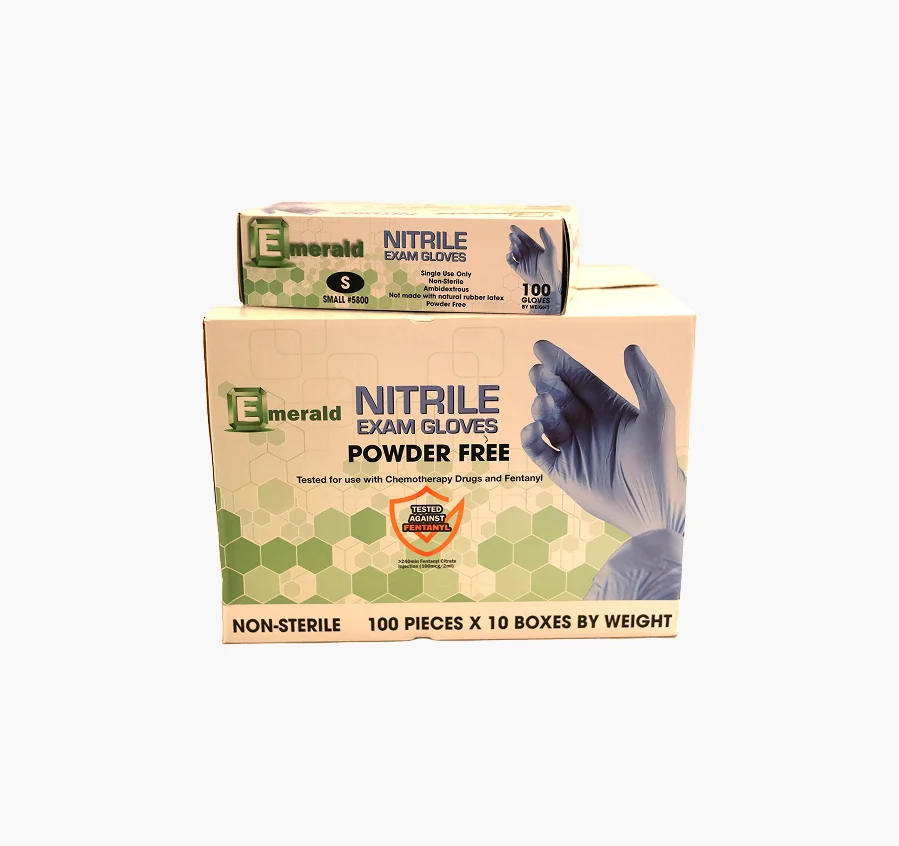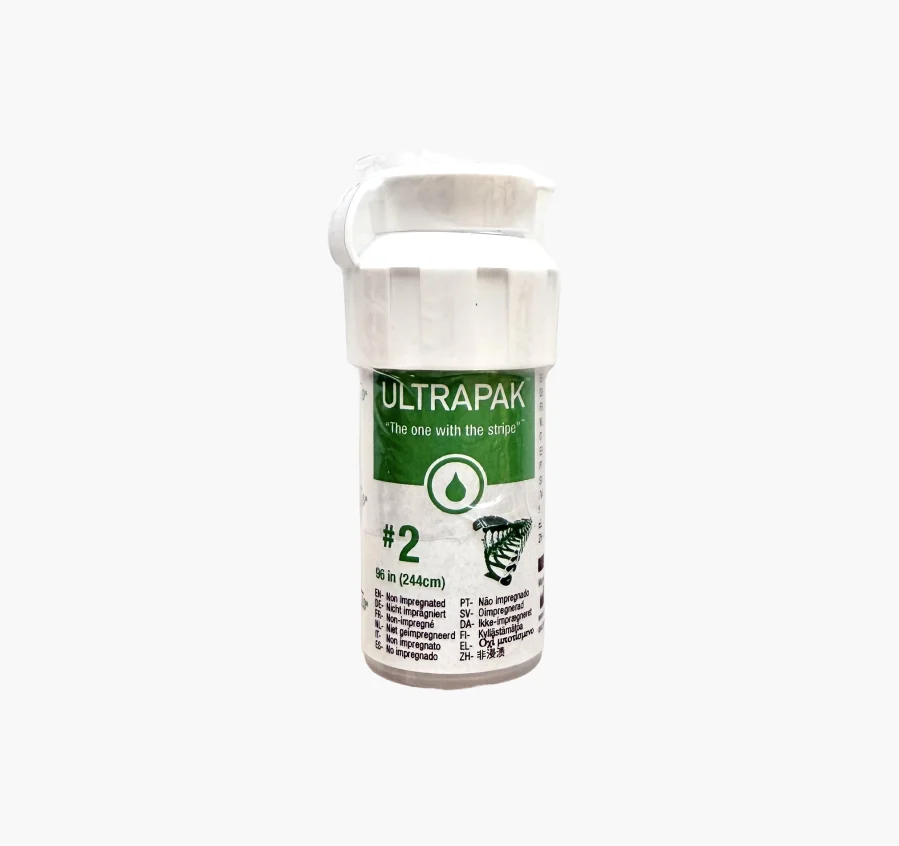
Today’s dental patients value comfort, aesthetics, and long-term oral health. That’s where minimally invasive dentistry (MID) comes in. Focused on preserving as much healthy tooth structure as possible, MID techniques are transforming both preventive and restorative care. Here’s how your practice can benefit from this patient-friendly approach.
1. Early Detection and Prevention
Minimally invasive dentistry starts with early intervention. Tools like DIAGNOdent lasers and digital caries detectors help spot decay in its earliest stages, allowing treatment with sealants or fluoride rather than drills and fillings.
2. Air Abrasion and Laser Treatment
Instead of traditional drilling, air abrasion uses a stream of fine particles to gently remove decay, preserving more natural enamel. Dental lasers can also be used to treat soft tissue with minimal bleeding and faster healing.
3. Microdentistry in Restorative Care
Small composite fillings and onlays are used in place of full crowns when possible. Adhesive bonding techniques further reduce the need to remove healthy tooth material. These methods also provide excellent aesthetics.
4. Patient Trust and Satisfaction
Minimally invasive techniques often lead to shorter recovery times, less discomfort, and fewer complications. This builds patient trust and encourages ongoing preventive visits.
Looking Ahead
MID aligns with the trend toward patient-centered, preventive care. By adopting these techniques, your practice not only protects oral health but also enhances the patient experience—a win-win for everyone.
Featured Categories
Featured Products
STRAUMANN
5800 Gloves Nitrile Small Case 10 bx/case 100 gloves/bx Packed 10 boxes per case, 100 gloves per box0 ratings
The 5800 Nitrile Gloves in Small size are available in cases containing 10 boxes, each holding 100 gloves. Constructed from sturdy nitrile, they offer flexibility as well as resistance to punctures, tears, and chemicals. The small size guarantees a...
Matrx
Dynomite Nasal Hood Small p/24 pkg/240 ratings
The Dynomite Nasal Hood Small (pkg/24) is a single-use, pediatric-sized nasal hood made from soft, hypoallergenic, latex-free materials for a secure, comfortable fit. Its colorful, child-friendly design helps ease anxiety during dental procedures....
Ultra Dent
133 ULTRAPAK CORD #2 EA Each0 ratings
The 133 ULTRAPAK CORD #2 EA is a premium gingival retraction cord specifically crafted for accurate impressions and restorative procedures. Its #2 thickness offers controlled compression to improve the visibility of crown margins, while the...
Posted on: May 21, 2025
Posted on: Nov 21, 2023
Posted on: Nov 21, 2023






